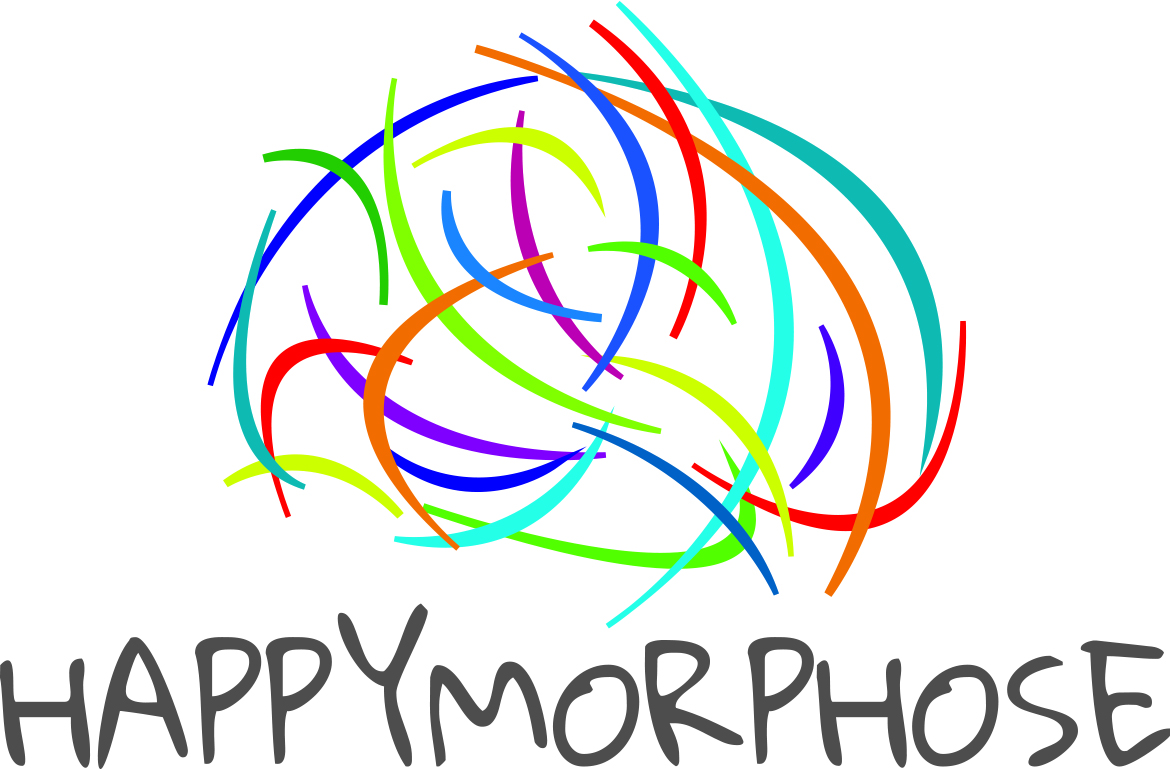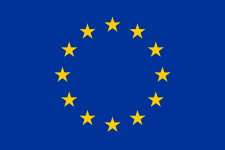Feb 13, 2019 | Articles |
Health through the ecosystem
It has now been integrated for several decades that health depends not only on its way of life but also on its environment. This systemic understanding underpins society’s fundamental movements towards a greener and more human-friendly world. There is a growing awareness that there is no human health on the one hand, the health of nature (vegetables, wildlife) on the other, but that there is only one “human- plant-animal” health. It has been a few decades since Metamorphosis cleared the way for an evolution of man’s relationship to nature, species and the planet. This represented a considerable leap of complexity in the apprehension of human identity and its relationship to the world. A state of consciousness of a high level of elaboration. A new leap would be set to take place with an understanding of the importance of zoonoses, i.e. the fact that the bulk of diseases would be transmitted between animal, plant and human species. These reciprocal diseases account for about 70% of human diseases.
When gender becomes a hybrid
It becomes regular to meet in the street a person who we can no longer really tell if she is a woman or a man. It is not a matter of hair length. It is a question of clothes that are neither masculine nor feminine. They are androgynous, that is, they mix the feminine and masculine codes.
It’s been three decades since artists like David Bowie and Mylène Farmer used to flirt with androgynous physique. Until now, this phenomenon had remained confidential. Here, for 2-3 years it probably becomes more than a fashion phenomenon, a way of life. Clothing websites promoting the androgynous look are multiplying. For example, on the site “Fashion Trends” there is a whole rebrique on the “androgynous style” with recommendations on clothes, shoes, according to different BCBG registers, for teenagers… Another site that surfs the wave “MonShowroom.com” (recently bought by Sarenza) which offered no less than 6 ways to be dressed male/female trend. Contrary to appearances it is not men who want to look like women, or vice versa, but men or women who want to live, in part, according to both registers. The “Chris and the Queen” singer says nothing else when she says that when it comes to sex she is first interested in people before she gets interested in gender.
When father-child contact passes through the skin
Fathers are increasingly cajoling their babies and feel the need for a richer, more sensory exchange than simple exchanges through gaze and speech.
One of them will say, “I feel like our relationship is deeper, more authentic.” This practice is due to the advice of paediatricians and midwives who encourage fathers to conceive their relationships with the child in a new way. This carnal contact opens the perspective of modalities enriched from the relationship to the other, a relationship that appeals to all the senses (smell, hearing, touch, taste) and of course the view… Babies are known to be particularly receptive to touch, the attitude of these new fathers can only be encouraged.
Feb 6, 2019 | Articles |
The proliferation of alternative modes of travel and the sharing of public space
From Los Angeles to Paris, or Berlin, via London or New York everywhere the massive and combined arrival of new modes of travel disrupts the fragile balances that had finally settled. In competition with cars, motorbikes and public transport, there is now walking to which more and more people are engaged, bicycles, scooters, skates, roller skates to which are added micro electric vehicles: hoverboards, Segway, WalkCar, roller skates, monocycles … This is enough to fuel the rise of tensions that can be observed in large cities where we have not learned to live and regulate the profusion of means of locomotion.
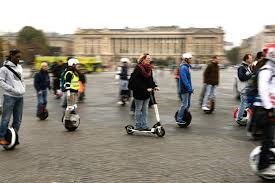
All this is not without the desire of some to put a little order. Not to mention municipalities completely overwhelmed by the phenomenon they do not imagine blocking, street scenes multiply where cyclists argue with pedestrians who themselves lambast those who are on scooters… In short, there is tension in the air.
If you look at it more closely, what do you see? This passerby who reminds this Skater that the sidewalks are for pedestrians, this Skater who answers that the road is for motor vehicles, which is not his case. This motorist who invites this person on an electric scooter to join the bike path while the cyclist reminds that it is made for bicycles. What lies behind these tensions, which are very weak, are the rules of sharing public space and the rules of living together. It is still too early to draw any conclusions, but what a watchman observed on a street in Paris where all these means of transport are very used is that little by little the public space has been divided and the behaviors civilized. Pedestrians are on sidewalks opposite the road, non-motorized vehicles are more on the sidewalk but in the lane of traffic, small motorized electric vehicles rather on the road close to the sidewalk and cars and motorcycles are getting a way. Violators of its use are quickly called to order.
Is Google regulating itself by redefining the principles of its artificial intelligence developments?
Some people think so. According to various sources, between 3,000 and 4,000 Google employees signed an open letter to Sundar Pichai, the company’s CEO: “We believe that Google should not be involved in the business of war.” The petition followed nine engineers’ refusal to work on military projects and internal resignations.
Google sought to clarify its positions on ethics applied to the uses of artificial intelligence. Engaged in a work of reflection on the subject that was struggling to reach out with other companies and NGOs, Google preferred to take the lead. It must be said that the news of the development of artificial intelligence applications was becoming hot. Things accelerated when Google decided to pull out of the Pentagon’s Maven project, which involves using artificial intelligence to analyze images filmed by its drones. We can clearly see behind pointing the specter of killer robots.
The debates have not only focused on the rules of ethics but also on the ways of doing things: how to put it into practice? How do I talk about it internally? Is internal governance sufficient? Shouldn’t we call on third parties? How can different points of view be taken into account?
The challenge now is to open up the debate outside on the basis of an internal ethical proposal that could evolve depending on the consultation of external partners. Will the metamorphosis affect the position of the GAFA? When it comes to global economic and social balance and fiscal accountability?
Jan 23, 2019 | Articles |
Society is transformed by individuals and it is also metamorphosing by changes in the way it operates.
When artists contribute to collective awareness
Artists’ commitment to social and environmental issues has become commonplace. A landmark initiative is the preparation of a “Requiem for Humanity” by the composer Vangelis. We know the considerable importance of music to collectively reveal great individual paths. Music was instrumental in accelerating the process of metamorphosis in the second half of the 20th century. This Requiem in preparation by the composer Vangelis could have a considerable impact at a time when awareness is increasingly important on disorders of all kinds: economic, social, climatic…
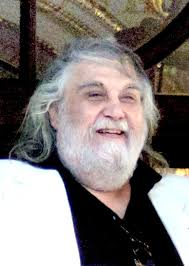
An orchestra without a conductor: The Dissonances
The adventure of the Les Dissonances orchestra began in 2004 with a Christmas concert in support of the homeless in the heart of Paris, in the Châtelet-Les Halles district. This means that attention to others and the world is at the heart of the project.
Returning from a period of retreat in the Libyan desert, David Grimal, a young international soloist, had decided to “find the way of others”. The Dissonances have become the only philharmonic orchestra in the world invited to play the great repertoire regularly, in the largest concert halls, without the presence on stage of a conductor. The hundred musicians present, strong of their skills and their sensitivity that nothing compels only obey what their knowledge of the work dictates and let themselves be led by the concern they have of each other through the role assigned to each of the composer.
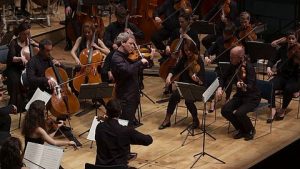
David Grimal says it well, with his words and his sensitivity: “It is an adventure of friendship, of love of life, of music, of people; a society of men and women believing in their collective intelligence in the age of the development of artificial intelligence. This example is of particular interest to entrepreneurs. To find the path of others, in the company, is to enable the development of employees and to bring useful goods and services to customers while respecting the social balances and the health of the territories, today and tomorrow. This in no way calls into question the existence of an authority that becomes a problem only when it is abused, when it ceases to care for others. The verticality of a relationship of authority does exist, in the orchestra, as in the company, it is exercised through assumed but freely accepted leadership, no necessity chaining the musicians to the orchestra.
Crazy Toads, Street Innovation, Thanh Nghiem and David Li
Crazy toads are those who, in order to reach the pond and reproduce in the mating season, do not cross the roads at the risk of being run over by cars but who seek another way, in this case the small tunnels created for them, by humans. These toads that come out of their ancestral routine are the image of the innovators of metamorphosis. Thanh Nghiem spots them in the world. The mad toad is the deviant who saves the species and makes people aware of the dangers that threaten.

One example of a crazy toad acting on the ground is David Li. He had the idea to study what is happening in Shenzhen on the street where innovation is developing for and by people. He posts that the production of the Internet can be opened. David Li’s teams have created a robot that weeds on its own. Its artificial intelligence is capable of detecting good and weeds. For organic production, this allows humans not to break their backs. By creating a platform, Shenzhen Open Innovation Laboratory, it allows everyone to prototype any object: smartphones, drones, electric vehicles, etc. In France, Wiko became the second largest phone manufacturer in less than a year thanks to this system. David Li is the modern-day Robin Hood who wants to work for the benefit of all with the “Goods for good” principle.
Reinventing the way we make society around a project to fight exclusion and poverty.
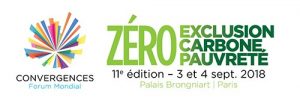
Last September, the association “Convergences” brought together 5,000 people from civil society in Paris to devise new solutions against precariousness and poverty. Around the theme “Make Society Tomorrow, Make Tomorrow” participants worked on five themes of the UN’s Sustainable Development Goals: good health and well-being, quality education, decent work and economic growth, sustainable cities and communities, partnerships for achieving the goals. For two days, actors from the public sector, the business world, the media, and civil society met. In addition to the great success of the event, it is worth noting the presence of many institutions that have come to seek inspiration on these major themes as well as support the initiative. This confirms that the metamorphosis is gaining all organizations.
The social fabric of proximity is strengthening, another sign that metamorphosis requires the enrichment of the “collective”
Cyria Emelianoff is an assistant professor at the University of Le Mans on “collective capabilities”. “Capabilities” are collective abilities/skills.

From the perspective of citizen transition and concrete transformation of the environment, she sees that the neighbourhood becomes a resource. Like Pierre Giorgini, she highlights the concept of an expanded campus that would be anchored in the territory and would help to break the silos.
According to her, the steps to be taken are:
- Make the walls permeable,
- Allowing a free-flowing flow, horizontality,
- Encouraging cohabitation with the living,
- Promote the values of hospitality, openness, “living together” in peace,
- Promoting cooperation, and building capacities for alliances between collectives,
- Staying the course of transition, which is not an end in itself but a condition of survival.
What is particularly interesting here, from the point of view of “metamorphosis”, is the rearrangement of the collective from a perspective that breaks the old relational patterns, allows to multiply the efforts of each by complementarity, opens up perspectives of new solutions. This is a step further than the organization of the event organized by “Convergences”.
The city transformed through networks
Aware of the role they have to play in the transformations of the world, under the combined pressure of the progress of the digital economy and climate and environmental pressure, cities are creating alliances, beyond states, on multiple themes: climate, resilience, smart cities, heritage, local currencies or even learning cities. Ilya Prigogine said that “cities are the very example of a complex dissipative system.”
At the same time, at the local level, initiatives are multiplying around organic agricultural production, alternative education, shared transport…, showing the maturity of a society ready to welcome metamorphosis.
The latest analysis of the phenomenon of third places in France: the very comprehensive report, “Making together to live better together” recently given by Patrick Levy-Waitz to Julien Denormandie, the Secretary of State to the Minister for the Cohesion of territories, which demonstrates the diversity of local initiatives throughout the national territory.

Places that meet the expectations of cooperation, mobility, creativity and singularity that cross our society.
The transformed city is already today!
Bringing life back to fragile territories
In the 1970s, as they undertook the rehabilitation of a ruined hamlet in the Ardèche gorges with youth yards, Gérard and Béatrice Barras discovered by chance a spinning of wool whose roof collapsed in a lost valley an hour away. Confident in the capacity of collective action, and motivated to act on the development of this abandoned rural area, they mobilize a team of young people by offering to experiment with cooperation for the purpose of local economic development.
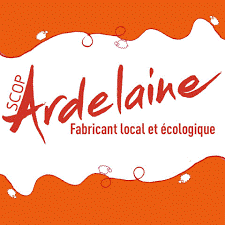
It will not be a question of making a museum or even a spinning, but of restructuring a local sector in order to enhance the wools that are discarded by generating a few jobs. SCOP Ardelaine was founded in 1982. Tonting sheep, transforming wool into bedding, marketing in a short circuit, the cooperative is growing and creating new jobs every year.
In 1986, she set up a knitting and clothing workshop in a sensitive area of the city of Valencia. The co-operators are then challenged to translate their approach to rural local development to an over-densified urban area. Two hectares of gardens shared at the foot of the building, will be the most visible fruits. To strengthen its territorial roots, activities are expanding to include tourism and culture. One, then two, museum courses will be created, drawing 20,000 visitors a year to this historic site. The cooperative, which then defines itself as a “Territorial Cooperative”, will continue its development by diversifying its activities to the local food sector. A restaurant, a cannery open to all users of the territory, will be created in 2010, as well as a café-library open all year round. Today Ardelaine has 54 employees and is certified by the State “Living Heritage Company”.


